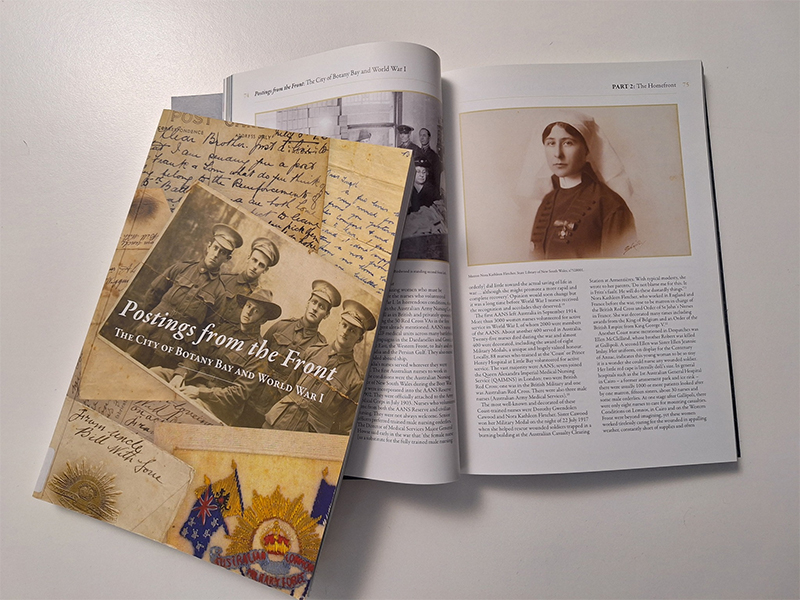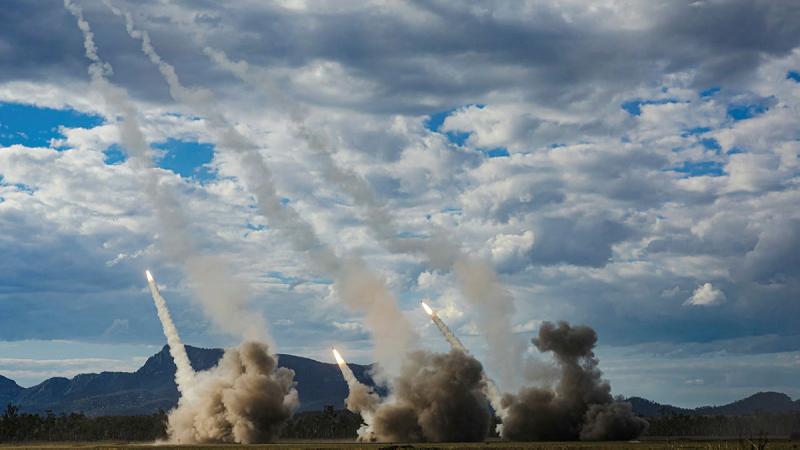Results at a glance:
■ Confidence among WA farmers rebounds to hit a two-year high
■ Sentiment up across the board, with beef producers posting the biggest rally
■ Spring rain and strong commodity prices largely behind the renewed outlook
After the uncertainty of 2020, Western Australian farmers are finishing the year strongly – with farm business confidence reaching a two-year high thanks to firm commodity prices and the current grain harvest, the latest quarterly Rabobank Rural Confidence Survey has shown.
The number of WA farmers reporting a positive outlook on the agricultural economy in the year ahead has risen to 26 per cent, up from 16 per cent, and only six per cent now expect conditions to worsen – well down from the 27 per cent who felt that way last quarter.
And while overseas markets and COVID-19 dominated Western Australian farmers’ concerns throughout 2020, these woes were overridden in quarter four, with strong commodity prices and the favourable season driving newfound optimism.
Rabobank regional manager for Western Australia Steve Kelly said that the recent grain harvest, whilst not a bumper, had shored up WA farmer confidence, with above-average wheat, canola and lupin prices helping mitigate any yield concerns.
Sentiment rose strongly in the sector, with 39 per cent of grain growers (up from 20 per cent) optimistic about agricultural economic outlook, while 57 per cent expected little change to current conditions.
“It’s been a good, average harvest across a large portion of the state, and the reassurance that the harvest is progressing well has provided peace of mind over recent weeks,” Mr Kelly said.
While there were some delays due to unseasonal November rain, harvest has progressed without the feared labour or service supply issues, he said.
This optimism was reflected across all grain-growing regions – particularly in the northern wheatbelt, an area which had endured a significant knock to confidence last quarter.
“In the northern wheatbelt producers were increasingly bullish about the year ahead, with 44 per cent expecting conditions to improve, after last quarter when no farmers in the region reported that they expected conditions to improve,” Mr Kelly said.
In the central wheatbelt, a quarter of farmers reported an optimistic outlook, while in the lower great southern 23 per cent of respondents (up from 13 per cent) expected conditions to improve, based on commodity prices rather than seasonal uplift.
Beef producers enjoyed the largest rally in sentiment in the state, with the domestic cattle market maintaining strong prices and timely spring rain easing cattle producers’ concerns surrounding feed and water availability.
The survey, completed last month, revealed 38 per cent of beef producers are now looking to the future with optimism, up from just 15 per cent with that view last quarter.
“Cattle graziers in WA are well placed to take advantage of record beef prices and continued strong demand from the east,” Mr Kelly said. “Even in the north west, where the season has been dry, pastoralists have decided to reduce numbers and have had the benefit of selling into a strong market.”
WA sheep graziers were not quite as upbeat – while more confident than last quarter, they were equally split as to whether conditions were likely to improve (19 per cent, up from 15 per cent last quarter) or worsen (22 per cent, down from 35 per cent previously).
“It’s generally a positive story for WA sheep graziers, although the drop in wool prices over COVID-19 has been an ongoing concern, and there were also significant seasonal pressures during spring, particularly due to a lack of water in the south west,” Mr Kelly said. “However feed and water has largely now been restored across most of the state, and sheep prices continue to be bolstered by demand from east coast restockers.”
The strong rebound in WA farmer confidence failed, though, to translate into significantly-higher expectations for farm ‘bottom lines’, with producers only marginally more positive than last quarter that their farm incomes would increase over the coming 12 months.
Income expectations among beef producers were particularly bullish however, with 62 per cent expecting incomes to increase (up from just 17 per cent with that view three months ago), while 46 per cent of grain growers were also looking forward to higher incomes (up from 37 per cent in the September quarter).
Sheep producers weren’t quite so optimistic, with just five per cent – the same reading as last quarter – expecting an improvement in their farm turnover in the year ahead, and 44 per cent expecting a weaker financial result (an increase from 39 per cent).
Farmers’ investment intentions rose accordingly though with the improvement in confidence. A total of 28 per cent of WA respondents indicated they were looking to increase investment over the next 12 months (up from 21 per cent last quarter) with 65 per cent of this spending budgeted for on-farm infrastructure such as fences, yards and silos.
New plant and machinery (54 per cent) and the adoption of new technologies (36 per cent) were also earmarked in the budget.
Mr Kelly said that with the season having now ‘played out’, many farmers had the confidence to spend on capital infrastructure and machinery to drive further business efficiency.
Property purchases were also front of mind, particularly among larger farm businesses – with a turnover of over $1 million – which held the strongest expansionary intentions. Of these larger operations, 42 per cent were looking to increase investment, of which around one third were anticipating property acquisition.
By commodity, the survey revealed WA grain producers held the strongest expansionary intentions, with 37 per cent looking to increase their investment over the coming 12 months while interest rates remained low.
“There’s a lot of interest in WA farmland at the moment, and there’s been a large number of transactions over recent months,” Mr Kelly said. “The uncertainty of COVID-19 has evaporated somewhat as the WA crop has been locked in, with many producers expected to enjoy above-average incomes.
A comprehensive monitor of outlook and sentiment in Australian rural industries, the Rabobank Rural Confidence Survey questions an average of 1000 primary producers across a wide range of commodities and geographical areas throughout Australia on a quarterly basis.
The most robust study of its type in Australia, the Rabobank Rural Confidence Survey has been conducted since 2000 by an independent research organisation. The next results are scheduled for release in March 2021.








